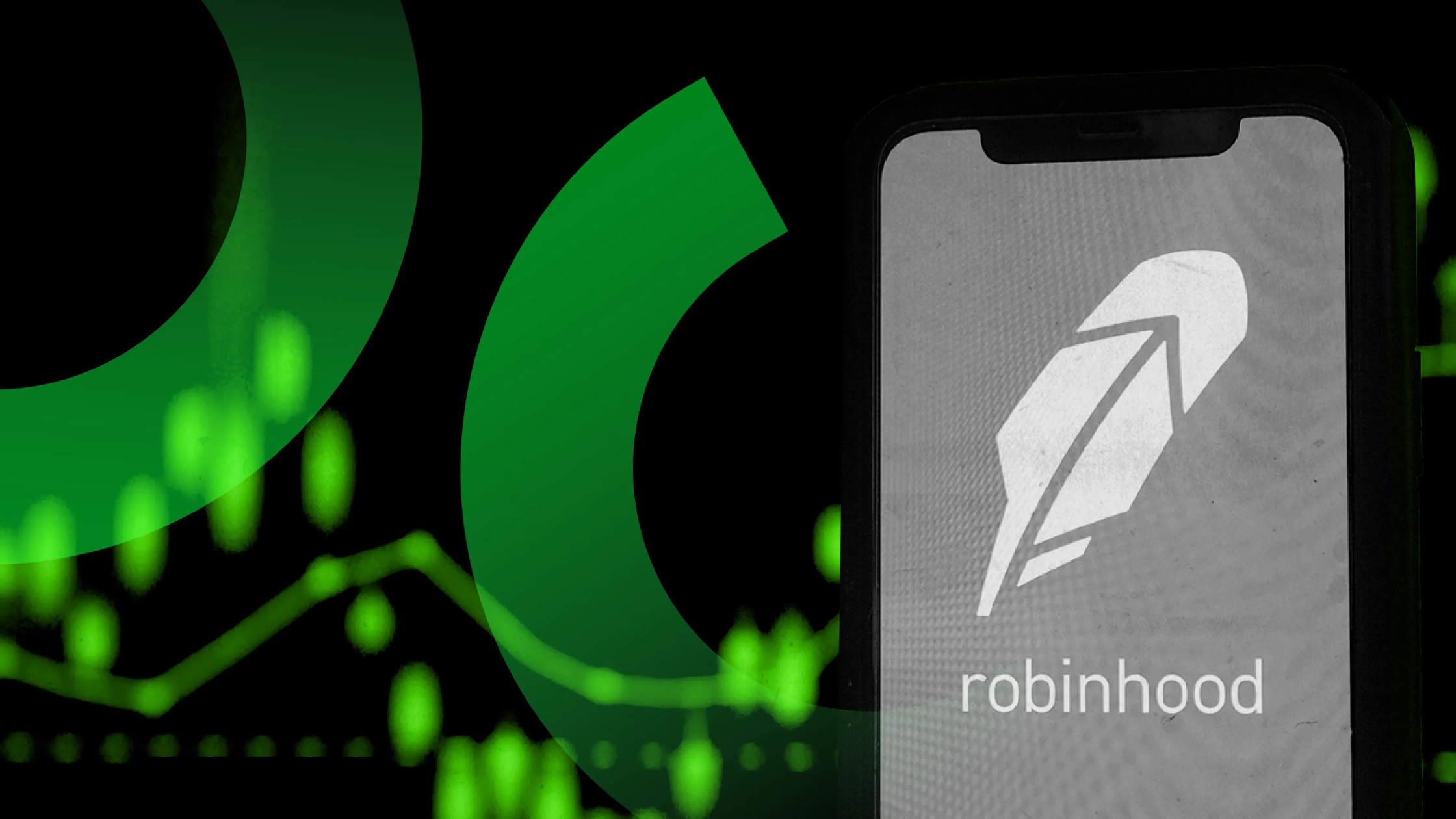Robinhood Markets, the commission-free trading platform popular among retail investors, is cautiously evaluating the potential inclusion of Bitcoin on its corporate treasury balance sheet. The company’s leadership is currently debating whether deploying capital towards Bitcoin holdings is the optimal strategic move, despite a remarkable surge in crypto-related revenues. This careful approach was highlighted during Robinhood’s third-quarter 2025 earnings call, reflecting the complex considerations behind integrating cryptocurrency into corporate asset management.
At the heart of this discussion is Robinhood CEO Vlad Tenev, who stated that the company has spent significant time evaluating the potential advantages and risks of holding Bitcoin as a treasury asset. Notably, Tenev emphasized the need for shareholder alignment on any such decision and questioned whether adding Bitcoin represents the best use of Robinhood’s capital. He pointed out that the platform’s retail investors already have access to purchasing cryptocurrencies such as Bitcoin directly through Robinhood, suggesting that a corporate treasury move might not be essential for customer alignment.
During the Q3 earnings call, Robinhood reported record revenues, driven heavily by unprecedented growth in its crypto trading segment. The company posted quarterly revenues of $1.274 billion, surpassing analyst estimates, with crypto-related income jumping 339% year-over-year to $268 million. This dramatic increase accounts for roughly 20% of Robinhood’s total revenue, underscoring the strategic importance of digital assets in the firm’s business model. Despite this strong financial performance fueled by crypto trading volumes hitting $80 billion in the quarter, executives remain circumspect about immediately embracing Bitcoin in the treasury.
Senior Vice President of Finance Shiv Verma echoed Tenev’s sentiments, indicating that the debate about adopting a Bitcoin treasury is ongoing within the company. “We spend a lot of time thinking about this and have this debate constantly,” Verma said, highlighting the complexity involved in balancing crypto innovation with prudent capital stewardship. This measured stance contrasts with other corporations, such as MicroStrategy, which have aggressively added Bitcoin to their balance sheets, sometimes sparking sharp price movements in the cryptocurrency markets.
Market reaction to Robinhood’s treasury deliberations was mixed. While some investors expressed concern about the potential volatility associated with corporate crypto holdings, others recognized the move as a strategic discussion rather than a firm commitment. Following the earnings call, Robinhood’s stock experienced a modest decline, reflecting investor caution amid the uncertainty. However, the company’s shares have performed strongly over the past year, supported by rapid growth in both traditional and crypto trading revenues.
The broader implications of Robinhood’s deliberations extend beyond the company itself. As one of the leading platforms democratizing access to digital assets, Robinhood’s decisions could influence wider adoption trends and the status of Bitcoin as a corporate asset class. Additionally, regulatory scrutiny of cryptocurrency holdings by institutions remains a relevant factor, compelling Robinhood’s leadership to balance innovation with compliance and risk considerations.
Industry analysts view Robinhood’s cautious approach as a reflection of evolving market dynamics. While Bitcoin continues to gain traction as a store of value and hedge asset, its price volatility and regulatory ambiguity present ongoing challenges for publicly traded companies. Robinhood’s management has signaled that any treasury adoption would require thoughtful alignment with shareholder interests and a clear understanding of the impact on the company’s financial health.
Looking ahead, Robinhood aims to strategically grow its revenue base internationally and expand institutional trading segments over the next decade. The company’s focus on crypto is likely to remain a key pillar of this growth strategy, whether through continuing to enhance product offerings or potentially incorporating Bitcoin into its treasury at a future date. For market observers and investors, Robinhood’s ongoing evaluation highlights the evolving intersection between digital assets and mainstream corporate finance.












